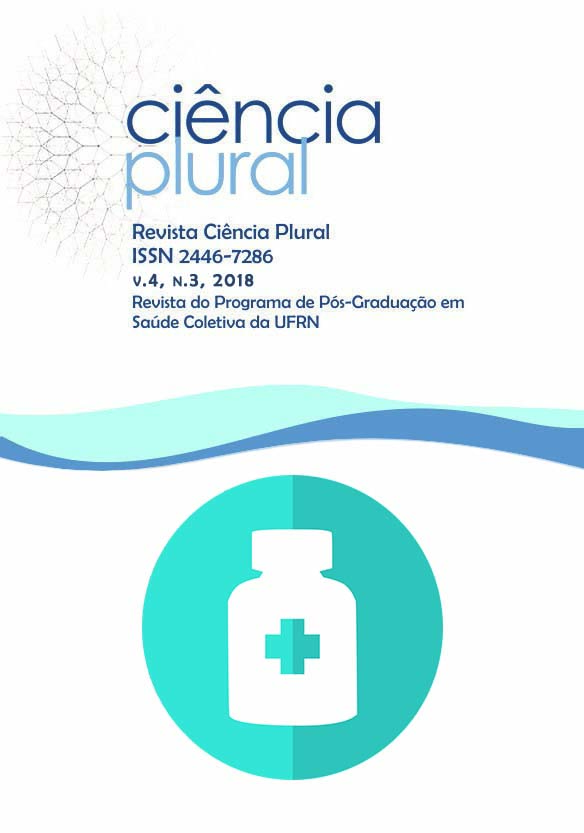QUALITY OF LIFE OF PATIENTS RETURNING HEMODIALYSIC AFTER SUBMITTING A RENAL TRANSPLANT
DOI:
https://doi.org/10.21680/2446-7286.2018v4n3ID17287Keywords:
Quality of life, Kidney Transplantation, Hospital Hemodialysis Unit, Transplant RejectionAbstract
Introduction: Chronic Kidney Disease (CKD) is characterized by the gradual and irreversible loss of renal function,this occurs when the kidneys fail to remove the metabolic products produced by the body or to perform its regulatory function. Kidney transplantation involves transplanting the kidney from a living or deceased donor to a recipient who has no kidney function. Objective: To evaluate the quality of life of people who returned to hemodialysis after a kidney transplant. Methods: Qualitative research, case study type. It used a semistructured interview and the assessment tool of quality of life of the World Health Organization, WHOQOL-100.Two patients were interviewed, recruited through contact with the Nephrology service where they performed the dialysis treatment. Results: The interview demonstrated that the diagnosis of rejection of the organ is one of the most difficult moments for the patient, the family assistance in treatment is of fundamental importance, dietary and water restrictions become overloaded during the treatment and the future expectations possibly will be smaller considering the stage of life in which the diagnosis is established. The WHOQOL100, the interviewees feature levels equal to or above the average quality of life, being only the domain of independence level with the lowest score. Conclusion: The research emphasizes the need for a professional humanist and friendly attention, Since this return to dialysis after passing by the transplant can cause a negative impact on physical, psychological and social dimensions, of the people who come back to perform hemodialysis.
Downloads
Downloads
Published
How to Cite
Issue
Section
License
À Revista Ciência Plural ficam reservados os direitos autorais referente a todos os artigos publicados.

 Português (Brasil)
Português (Brasil) English
English Español (España)
Español (España)










2.png)
